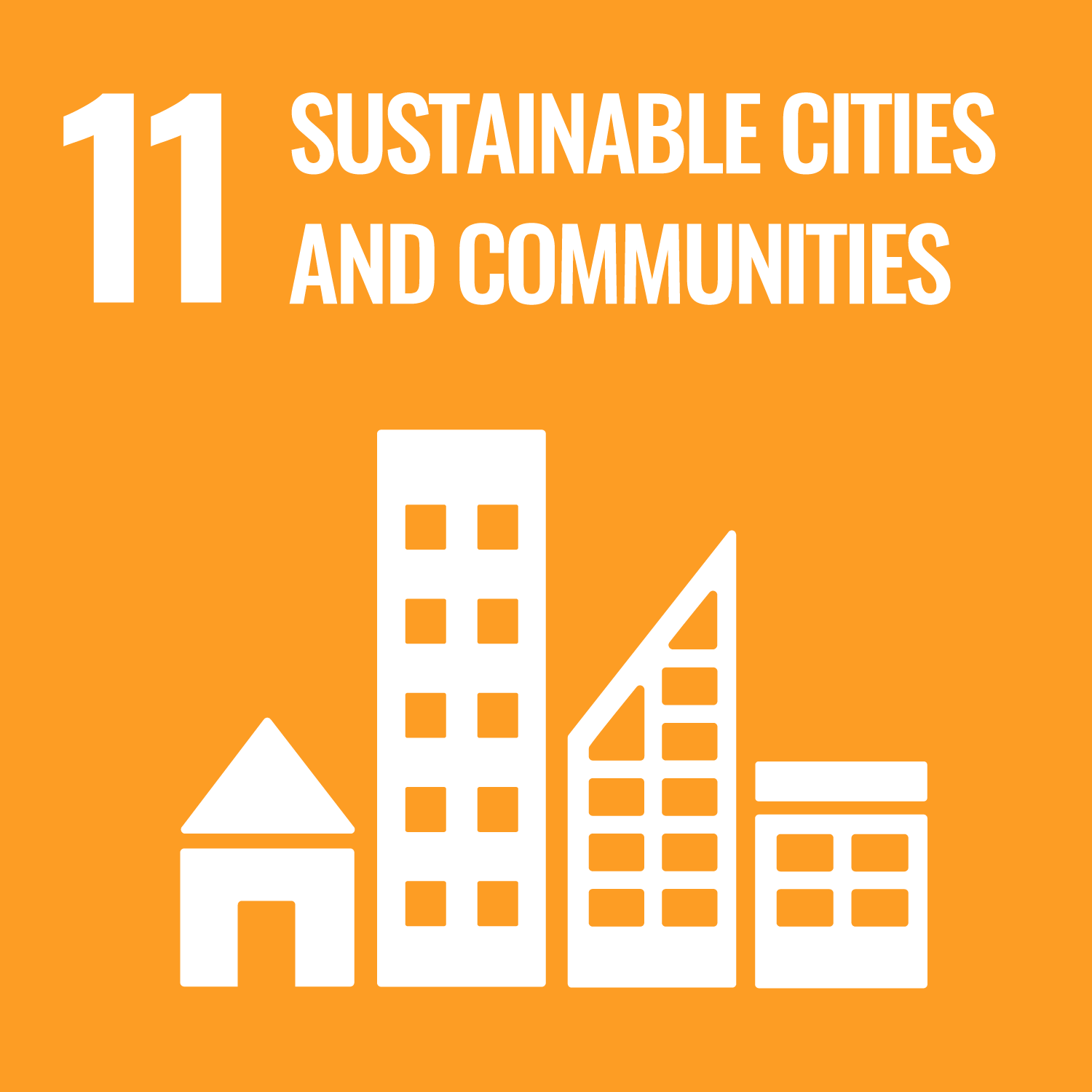Uzondu, C., Mohaimanul Islam, M., Batool, Z. orcid.org/0000-0001-7912-6770 et al. (4 more authors) (2024) Transport Services Resilience in the Global South in the Era of COVID-19: Lessons from Nigeria, Bangladesh and Uganda. Transportation in Developing Economies, 10 (2). 28. ISSN 2199-9287
Abstract
The impacts of the coronavirus (COVID-19) pandemic on the transport sector and the corresponding mitigation policies have been widely investigated across the world. There were uncertainties regarding the virus and its role in the context of transport. This paper examined the resilience of transport services in three cities of the Global South during the pandemic while focusing on three main areas: (1) the impacts of COVID-19 on transport services; (2) COVID-19 related challenges of the transport services; and (3) the necessary corrective actions undertaken by transport services to manage the spread of COVID-19 and future pandemics in cities. A series of expert stakeholder workshops were conducted in the cities of Owerri (Nigeria), Kampala (Uganda) and Dhaka (Bangladesh) between December 2020 and January 2021. The aim was to seek input from city planning officials, transport policy experts, transport operator associations, civil society and the academia, among others on how the pandemic affected mobility in these cities and to identify the areas of consensus and conflict. The findings revealed that captive users, who relied heavily on these transport services were disproportionately affected by the COVID-19 mitigation measures, consequently resorting to alternative modes of mobility including walking. When the lockdown measures were gradually eased, the pandemic exposed the severe inadequacies in the operation of transport services, particularly related to adherence to health and safety guidelines, carrying capacity, fare structure and organizational/administrative limitations. The need to ensure that transport systems are prepared for future pandemics is urgent, but also is the management of transport systems in cities of the developing world.
Metadata
| Item Type: | Article |
|---|---|
| Authors/Creators: |
|
| Copyright, Publisher and Additional Information: | This version of the article has been accepted for publication, after peer review (when applicable) and is subject to Springer Nature’s AM terms of use (https://www.springernature.com/gp/open-research/policies/accepted-manuscript-terms), but is not the Version of Record and does not reflect post-acceptance improvements, or any corrections. The Version of Record is available online at: https://doi.org/10.1007/s40890-024-00210-4 . |
| Keywords: | Built Environment and Design; Urban and Regional Planning; Emerging Infectious Diseases; Coronaviruses Disparities and At-Risk Populations; Clinical Research; Infectious Diseases; Coronaviruses; Infection; Sustainable Cities and Communities; Good Health and Well Being |
| Dates: |
|
| Institution: | The University of Leeds |
| Academic Units: | The University of Leeds > Faculty of Environment (Leeds) > Institute for Transport Studies (Leeds) > ITS: Spatial Modelling and Dynamics (Leeds) The University of Leeds > Faculty of Environment (Leeds) > Institute for Transport Studies (Leeds) > ITS: Safety and Technology (Leeds) |
| Depositing User: | Symplectic Publications |
| Date Deposited: | 03 Sep 2024 14:57 |
| Last Modified: | 10 Jul 2025 00:30 |
| Published Version: | http://dx.doi.org/10.1007/s40890-024-00210-4 |
| Status: | Published |
| Publisher: | Springer |
| Identification Number: | 10.1007/s40890-024-00210-4 |
| Sustainable Development Goals: | |
| Open Archives Initiative ID (OAI ID): | oai:eprints.whiterose.ac.uk:216764 |



 CORE (COnnecting REpositories)
CORE (COnnecting REpositories) CORE (COnnecting REpositories)
CORE (COnnecting REpositories)